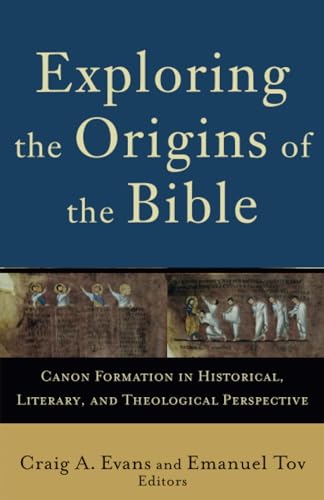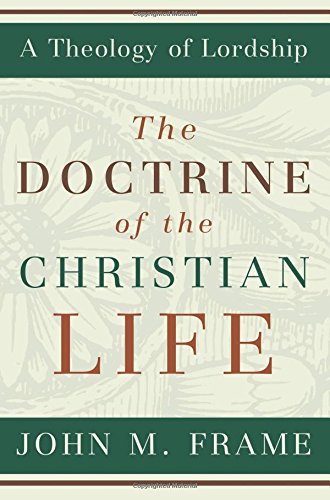The Legacy of John Calvin: His Influence on the Modern World
Written by David W. Hall Reviewed By Jeffrey RobinsonIn my denomination the great reformer John Calvin might well benefit from a good public relations guru. Some of our people see him as a monster that burned his theological enemies at the stake. Some see him as the dour little man with a scruffy goatee and an affinity for headgear that looks like leather football helmets who invented the doctrine of election. Others see him as a hero whose writings are rich with biblical exegesis that edifies the soul, a man whose theology exists at the headwaters of the tributary from which their denominational stream originated. But most think John Calvin is a guy they vaguely remember from high school, which is to say the vast majority know neither the man nor the massive contribution he made to Western civilization.
In a brief compass of 112 pages, David W. Hall’s new work The Legacy of John Calvin: His Influence on the Modern World goes a long way toward remedying such ignorance of Calvin and his towering significance on the landscape of modern culture. Hall, who serves as senior pastor of Midway Presbyterian Church in Powder Springs, Georgia, outlines the main section of his short survey by detailing “Ten Ways Modern Culture is Different because of John Calvin.”
And what a profound difference Calvin made. For example, in the area of education, Hall points out that Calvin broke with medieval pedagogy that limited education primarily to the aristocratic elite and established the first college in Geneva. Calvin’s Academy featured two levels of curricula: one for the public education of Geneva’s youth and another for the training of Gospel ministers.
As to the uninformed old canard that Calvin majored on theological ideas and minored on ministerial compassion, Hall chronicles Calvin’s care for orphans, the needy and displaced refugees through his mercy ministry, the Bourse Française. The Bourse became a pillar of societal welfare in Geneva and serves as a model for modern welfare reform that argues “teach a man to fish” as opposed to “give a man a fish” and keep him on the public dole. Further, Hall unpacks Calvin’s lasting contributions to modern society in areas of law, freedom of the church, decentralized politics, the doctrine of calling or vocation, economics, music, and the printing press.
Hall argues that there are two types of leaders: leaders who predict future changes and those who change future predictions. Calvin was of the second stripe: “Calvin was of the type [who] observes the trajectory but determines that it needs correction,” he writes. Calvin certainly brought about change in the church, but also saw to it that the body of Christ leavened the culture around it with the gospel in deep and meaningful ways.
The work concludes with a brief outline of Calvin’s life and death and includes a section of tributes to Calvin and his legacy from evangelical leaders, both contemporary and historical, ranging from Anglicans to Baptists, Independents and Methodists. Charles Haddon Spurgeon, a man from my own denomination, was enraptured by Calvin’s view of the divine decrees and never shrunk back from proclaiming what he knew to be a biblical truth that cut hard against the grain of human pride: “I do not hesitate to say, that next to the doctrine of the crucifixion and resurrection of our blessed Lord—no doctrine had such prominence in the early Christian church as the doctrine of the election of grace.… There seems to be an inveterate prejudice in the human mind against this doctrine, and although most other doctrines will be received by professing Christians, some with caution, others with pleasure, yet this one seems to be most frequently disregarded and discarded.”
Hall’s new book serves as a much-needed reminder of Calvin’s significance beyond the Reformation of the sixteenth century. The work is well written, compelling, readable, and brief enough to be read in one or two sittings. It is definitely excellent public relations for a well-deserving historical figure. May it gain a wide reading to correct many misconceptions about one of the great ministers in the history of the church.
Jeffrey Robinson
The Southern Baptist Theological Seminary
Louisville, Kentucky, USA
Other Articles in this Issue
We begin with a question of translation. Many translations place a period after the word “conviction” in 1 Thess 1:5: “in power and in the Holy Spirit and with full conviction...
The Inexhaustible Fountain of All Good Things: Union with Christ in Calvin on Ephesians
by Lee GatissJuly 10, 2009 was the 500th birthday of the acclaimed French Reformer John Calvin...
The name of Martin Luther is perpetually linked to the doctrine of justification by faith alone...
Of the many questions currently surrounding the discussion about justification, the relationship between justification and spiritual fruit merits attention...
Every year a few students ask me my thoughts about whether they should pursue doctoral studies and I respond with what has come to be known as ‘The Speech...







